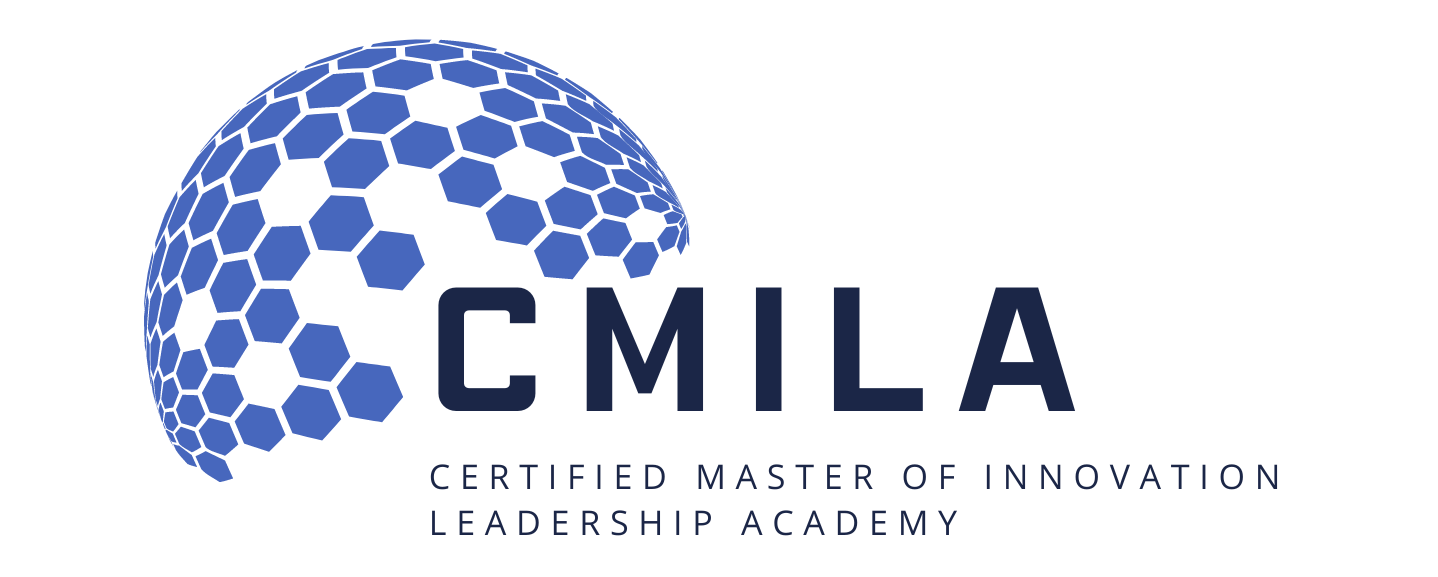Certified Social Innovation Professional (CSIP)
The Certified Social Innovation Professional (CSIP) Certification Course by Tonex is a dynamic program designed to equip professionals with the knowledge and skills needed to drive positive social change. Participants will explore cutting-edge strategies, tools, and methodologies essential for social innovation, enabling them to address complex societal challenges through innovative solutions.
Learning Objectives:
- Develop a deep understanding of social innovation principles.
- Acquire skills in identifying and analyzing societal challenges.
- Learn to apply innovative methodologies for sustainable solutions.
- Understand the role of technology in advancing social innovation.
- Gain expertise in stakeholder engagement and partnership building.
- Develop strategies for measuring and evaluating social impact.
Audience: This course is tailored for individuals passionate about making a positive impact, including social entrepreneurs, nonprofit leaders, government officials, and corporate professionals committed to social responsibility. It is also suitable for those seeking to integrate social innovation practices into their respective fields.
Course Outline:
Module 1: Foundations of Social Innovation
- Overview of Social Innovation Principles
- Historical Context of Social Innovation
- Emergence of Social Innovation as a Global Movement
- Key Theories and Frameworks in Social Innovation
- Ethical Considerations in Social Innovation
- Global Perspectives on Social Innovation
Module 2: Identifying and Analyzing Societal Challenges
- Techniques for Problem Identification
- Stakeholder Mapping in Social Context
- Analyzing Root Causes of Social Issues
- Social Impact Assessment Tools
- Case Studies on Successful Problem Analysis
- Systems Thinking in Identifying Societal Challenges
Module 3: Innovative Methodologies for Sustainable Solutions
- Design Thinking in Social Innovation
- Lean Impact Methodologies
- Systems Thinking for Social Change
- Participatory Action Research (PAR)
- Human-Centered Design Approaches
- Prototyping and Iterative Testing in Social Innovation
Module 4: Role of Technology in Advancing Social Innovation
- Technology Trends in Social Innovation
- Digital Platforms for Social Impact
- Harnessing Data and Analytics for Social Good
- Crowdsourcing and Collaborative Technologies
- Tech Solutions for Global Challenges
- Ethical Considerations in Tech-driven Social Innovation
Module 5: Stakeholder Engagement and Partnership Building
- Building Effective Cross-Sector Partnerships
- Community Engagement Strategies
- Corporate Social Responsibility (CSR) Initiatives
- Government and Nonprofit Collaboration
- Social Impact Investing
- Negotiation and Conflict Resolution in Partnerships
Module 6: Measuring and Evaluating Social Impact
- Metrics for Social Impact Assessment
- Outcome Measurement and Reporting
- Tools for Evaluating Social Innovation Projects
- Establishing Key Performance Indicators (KPIs)
- Continuous Improvement in Social Innovation
- Reporting and Communication of Social Impact
Overview of the Certification Process:
- Familiarize yourself with the prerequisites, if any, for taking the exam.
- Review the certification roadmap to understand the different levels of certification offered (e.g., Foundation, Advanced, Expert) and the requirements for each level.
- Identify the benefits of obtaining the certification for your career and professional development.
Details of the Exam:
Format: Multiple-choice, scenario-based, practical exercises
Content Areas: Review the exam blueprint or syllabus to identify the specific topics and knowledge areas covered in the exam. This will help you focus your study efforts on the most relevant content.
Passing Score: Understand the minimum passing score required to achieve certification and aim to exceed this threshold during your preparation.
Study Resources: Identify recommended study resources, such as certification manual, study guides and practice exams, to help you prepare effectively for the exam.
Exam Sample Questions:
- Practice with sample questions to familiarize yourself with the exam format and assess your readiness.
- Analyze each question carefully, paying attention to key details and any clues provided in the question stem or answer choices.
- Practice time management by setting aside dedicated study sessions to complete sample questions within the allotted time frame.
- Review your answers and explanations for correct and incorrect responses to identify areas for improvement and further study.
